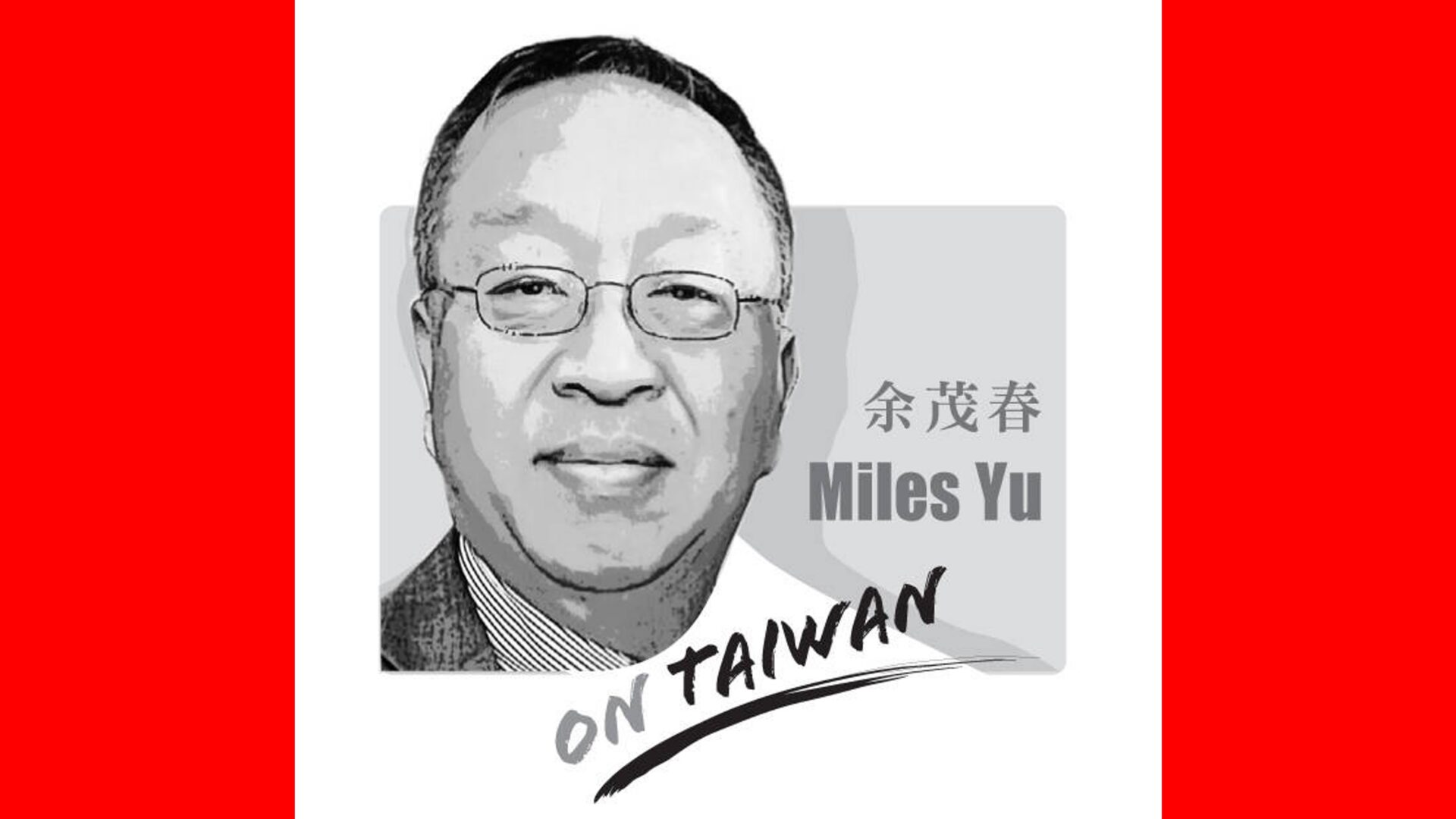
How Foreign Money is still fueling abuses in Xinjiang
Financial Times
08.01.22Xinjiang sanctions aren’t stopping human rights abuses, report says
Perhaps no place on earth presents such a dilemma for ESG investors as the Chinese province of Xinjiang. It’s the scene of some of the world’s most serious and systematic human rights abuses — home to the mass imprisonment and “re-education” of Uyghur Muslims and other minorities. But it’s also, thanks in part to widespread forced labour, a massive supplier of materials for solar panels — giving it a central role in a sector crucial to fighting climate change.
Unfortunately, according to a new research report from the UK’s University of Nottingham, the main effect of current sanctions is to push up costs for western customers, while the exporting companies have little trouble finding buyers for their products in China and other Asian markets. Restricting capital flows into Xinjiang-linked companies could have much more impact than clamping down on exports.
Related Posts

article
The Era Of ‘Tech Diplomacy’ Is Here
Technology is the new frontier of international relations. The interaction is bi-directional: technology is defining diplomatic matters while diplomacy is also influencing the development and deployment of technology. Take semiconductors as an example. This is a technology that forms the foundation of digital economy, national security, and productivity in almost all industries. Global supply chain in the semiconductor industry is shaping U.S. foreign policy. Conversely, America’s diplomatic effort has been redefining the supply chain. Tech diplomacy is different from science diplomacy, which became a key pillar for the U.S. and other countries since World War II. Scientists participated in treaty negotiations, engaged in bilateral summits and served as attachés at embassies. Primary topics included nuclear proliferation, super-collider construction, human space exploration and environmental science.

By: Miles Yu
article
Miles Yu On Taiwan: China’s lessons—and fears—from the Wagner revolt in Russia
For over a century, tumultuous events thousands of miles away in Russia have impacted China profoundly. Mao Zedong (毛澤東) famously said that the cannon sound of the October Revolution brought Marxism-Leninism to China. Now Xi Jinping (習近平) fears that last month’s Wagner revolt may provide a model for the Chinese Communist Party’s undoing.